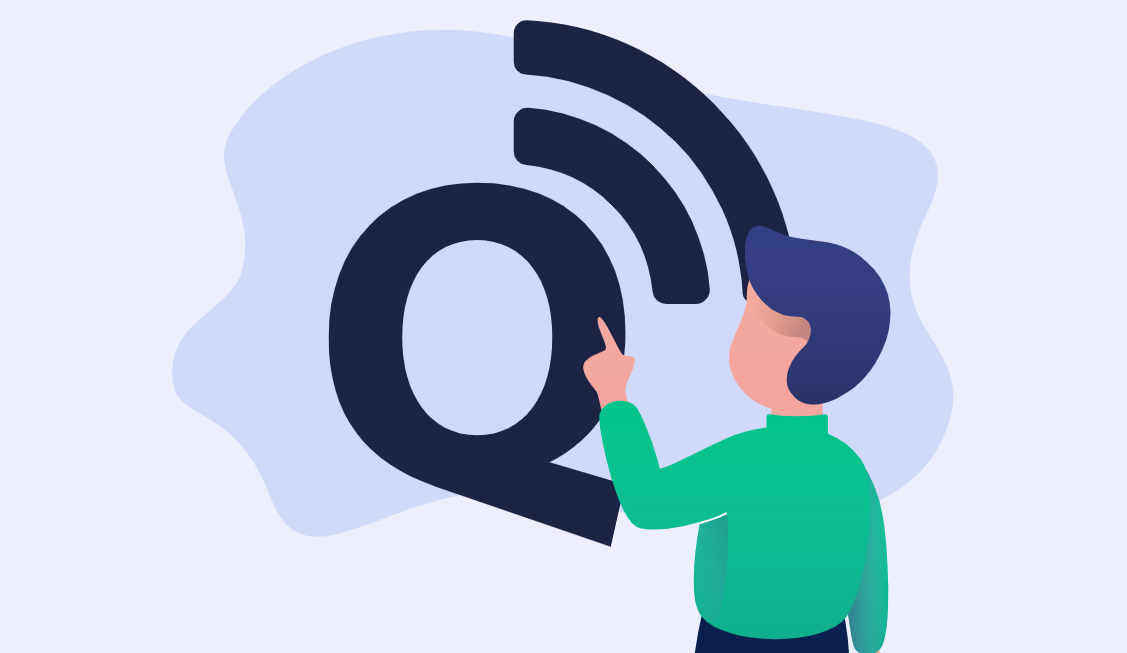Internet disrupted in Myanmar amid apparent military uprising
Technical data show cuts affecting multiple network operators including state-owned Myanma Posts and Telecommunications (MPT) and international operator Telenor, with preliminary findings indicating a centrally ordered mechanism of disruption targeting cellular and some fixed-line services, progressing over time as operators comply.
Findings are corroborated by users on the ground and journalists who describe being unable to get online and a simultaneous loss telephone connectivity. Geographic indicators from the observatory suggest that outlying regions of the country and technical infrastructure may be less affected.
Post Contents
Why Myanmar shuts down internet to stifle anti-coup protests?
Netblocks, which are intentional disruptions or restrictions of internet connectivity, have been used by the authorities in Myanmar as a means to stifle dissent and limit the spread of information about the protests. These netblocks often involve blocking access to social media platforms, messaging apps, and other websites that are commonly used for communication and organizing.
The government’s implementation of netblocks has been met with criticism from both domestic and international communities. Activists, human rights organizations, and freedom of expression advocates have condemned these actions as a violation of basic human rights, including the right to access information and freedom of speech.
Netblocks not only hinder the ability of protesters to communicate and mobilize, but they also impede the dissemination of information to the wider world, making it difficult for accurate reporting and awareness of the situation within Myanmar. This lack of transparency and restricted access to information can have serious consequences for the safety and well-being of the protesters, as well as the overall progress and outcome of the political movement.
Despite the netblocks and censorship attempts, protesters in Myanmar have shown remarkable resilience and determination in their quest for democracy and justice. They have found alternative ways to communicate, such as through the use of virtual private networks (VPNs) and other circumvention tools to bypass internet restrictions.
The international community has also played a role in supporting the protesters and condemning the netblocks. Governments, human rights organizations, and tech companies have called for an end to internet censorship in Myanmar and have provided assistance to activists in maintaining access to information and secure communication channels.
In conclusion, the use of netblocks and internet censorship by the Myanmar government during the ongoing protests has had a significant impact on the ability of protesters to organize and communicate. However, despite these challenges, the determination and resourcefulness of the protesters, coupled with international support, have helped to maintain the flow of information and keep the spotlight on the ongoing struggle for democracy in Myanmar.
The incident has been described by sources as a military coup following an escalating standoff with the country’s civilian leadership, days after military chief General Min Aung Hlaing stated that the country’s constitution could be revoked.
https://twitter.com/netblocks/status/1356029387133562880?s=20
Update: Some cellular connectivity has been restored as of noon Monday, but many users remain offline and it remains unclear whether the partial restoration will be sustained:
https://twitter.com/netblocks/status/1356058517464113152?s=20
FAQ
Q: What are netblocks?
A: Netblocks refer to intentional disruptions or restrictions of internet connectivity. They are implemented by governments or other authorities to control the flow of information or suppress dissent.
Q: Why has the Myanmar government implemented netblocks during the protests?
A: The Myanmar government has used netblocks as a means to stifle the protests and limit the spread of information about the political unrest. By blocking access to social media platforms, messaging apps, and other websites, they aim to impede communication and organization among protesters.
Q: How do netblocks affect the protesters?
A: Netblocks hinder the ability of protesters to communicate, coordinate, and mobilize. They restrict access to information, making it challenging for protesters to stay informed and share updates about the demonstrations. This can impact their ability to organize effectively and amplify their message.
Q: What is the international response to netblocks in Myanmar?
A: The international community has criticized the netblocks implemented by the Myanmar government. Governments, human rights organizations, and tech companies have called for an end to internet censorship in Myanmar and have provided support to activists in maintaining access to information and secure communication channels.
Q: How have protesters in Myanmar overcome netblocks?
A: Despite netblocks, protesters in Myanmar have shown resilience and resourcefulness. They have utilized virtual private networks (VPNs) and other circumvention tools to bypass internet restrictions. These technologies help them access blocked websites and communicate more securely.
Q: Are there any consequences for the netblocks in Myanmar?
A: Netblocks have been widely condemned as a violation of human rights, including the right to access information and freedom of speech. The restrictions hinder transparency and make it difficult for accurate reporting and awareness of the situation in Myanmar. Such actions can also have economic consequences and impact the country’s image on the global stage.
Q: Is there any progress in lifting the netblocks in Myanmar?
A: The situation regarding netblocks in Myanmar can change rapidly, and it is essential to refer to the latest news and updates for accurate information on this matter. International pressure and advocacy efforts have contributed to raising awareness of the issue and urging the Myanmar government to lift the netblocks.
Also Read:










